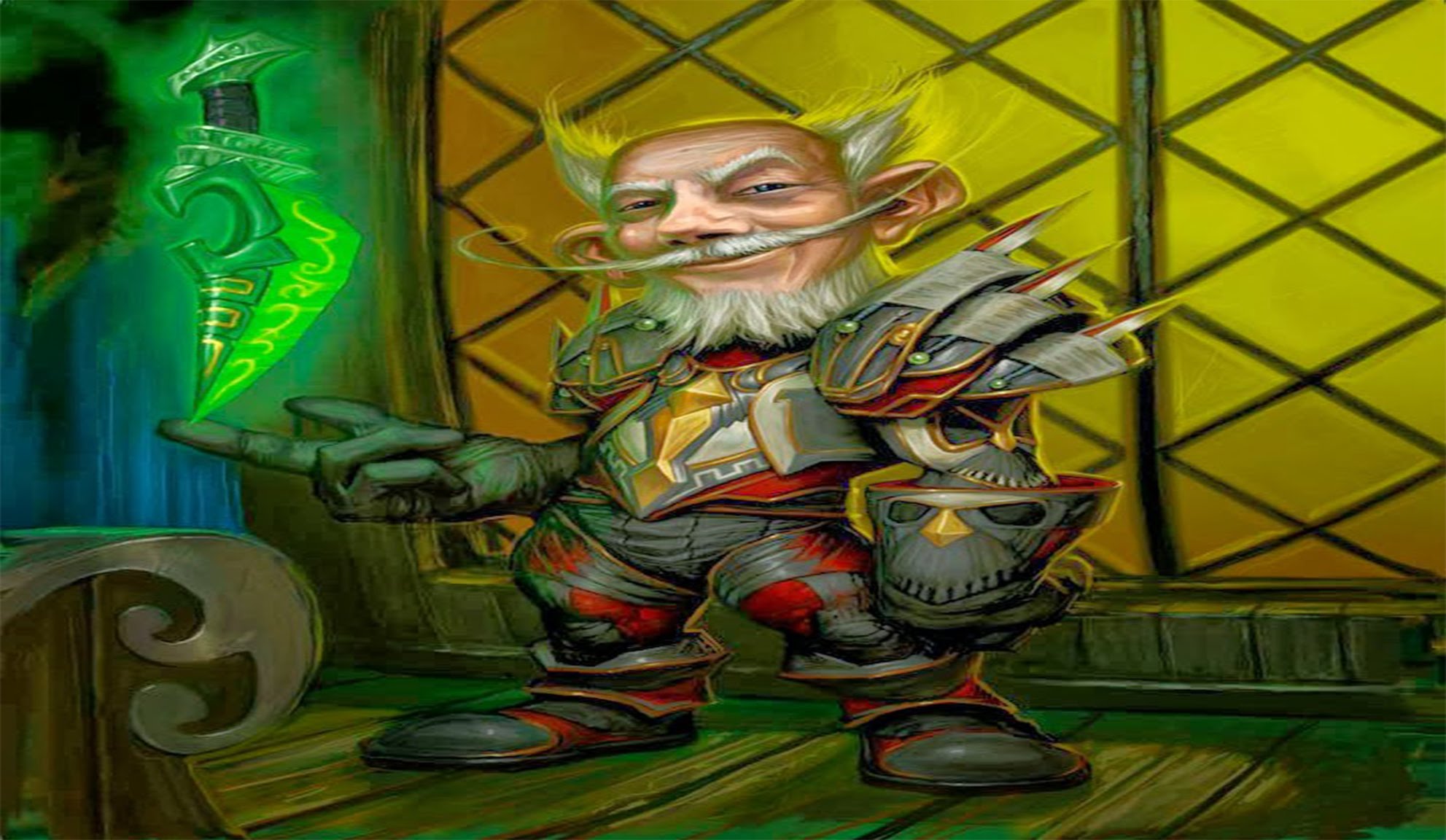

Ever since its inception, The Elder Scrolls Online has tried to service the demands of two, very different audiences. Die-hard ‘Scrolls fans who demand depth and the ability to go it alone, and MMO enthusiasts who crave a constant flow of fresh, exciting adventures to share with friends (and, sure, enemies). Unfortunately, ESO bears the scars of that tension, in that the interaction between its storyline and its MMO elements causes both to suffer. The result is an inconsistent blend that exists in the place where mediocrity meets competence.
On paper, this game nails the basics of a proper Elder Scrolls title. Many series trademarks, like starting off as a prisoner, an elaborate character creation tool, and--oddly enough--basic quest design, make the move to MMO fairly well. Sadly, it's missing the unbridled liberty of its single-player counterparts. Instead of the series’ iconic open worlds and emphasis on exploration, you find areas effectively blocked off by high-level monsters. Instead of exploring that space alone and feeling that you’re someone chosen for a special journey by the powers that be, you shuffle along the same paths as everyone else.
And those well-trodden MMO paths cut into the franchise's sense of wonder. Some of my most memorable moments with the single-player games in the series have been those times I’ve stayed up far too late at night just… wandering. In Morrowind’s Seyda Neen, I recall finding a chest of gold underneath some docks, leading me to ask: “Who left it there?" and “Why?” Elder Scrolls Online often attempts to capture that feeling, but only finds occasional success. One quest started with me tracking down a drunken soldier and ended with me attempting to stop an assassination plot on the king. That was a nice touch, but there are too few of these moments, and they don't come often enough as you play through the game.
Even when these moments do come, they are hampered by the game's MMO trappings. In that same quest line to save the king of Skyrim, one character presented me with a riddle. I had to solve it to uncover the King’s secret haven, but seconds later a quest marker popped up on screen revealing the exact location of the solution. For all the detail put into the game and its lore, ESO feels like an MMO wearing an Elder Scrolls costume.
One of the best pieces of Elder Scrolls Online is the crafting. You still need to hunt down material components, but making items and improving them isn’t a guaranteed success. Weapons and armor can have specific traits that will boost their damage or enchantment effect, but if you want to make items with those traits you’ll need to research them. So far the best items in the game are ones that have been lovingly crafted by players. That’s a welcome change from grinding for super-rare drops during high-level raids.
It’s fortunate, then, that as an MMO, ESO can stand proudly on its own. For one, it tosses out standard character classes in favor of a more dynamic system. You’ll pick between four main types of characters, and each has a clearly defined skill set associated with it. But to master these skills, you actually have to use them, and that opens up interesting gameplay variety. Any time I felt it necessary to make a quick change to one of my skills, all I had to do was use that ability or item more often. Progression scales with levels as well, so taking up a new weapon in a max-level area will take a fraction of the time as trying to train up something new in the beginning. Throughout the course of the game, you'll also have the opportunity to up skills and abilities that aren't intrinsic to your class, and that opens up even more options for character differentiation and customization. And while there are a whole host of opportunities to gain new skills, this process isn't infinite, so max level characters won't all have the same skill set.
Most veterans of the genre will tell you that MMOs are about grinding and endgame content. With only a handful of outliers, that’s largely been the case since World of Warcraft’s debut in 2004. Elder Scrolls Online does more than most to buck that trend by attempting to justify its monthly cost primarily with quests and content that’s readily accessible to everyone.
On the one hand, ESO contains significant depth for the more experienced MMO players out there. Combat, for example, cuts back on the post-WoW tyranny of ability bars. Instead of adopting that convoluted system, ESO grounds its play in careful player movement. Dodging, blocking, and speed are far more important than memorizing exactly when you need to use which ability. It’s a streamlined style that requires a bit more practice and skill to utilize effectively. It's clearly aimed at core MMO players.
On the flip side, the game also strikes a great balance between depth and accessibility. Take, for instance, player-versus-player combat. Starting at level 10, everyone can compete for territory and glory in Cyrodiil, a zone that acts as a PvP hub. Low-level characters receive stat bonuses that put them on roughly equal footing with those at max level. How well you do from there is more based on tactics, skill, and coordination with others players instead of which player has spent the most time hunting down the best gear. One-on-one fights are extremely rare, and that’s actually great for new players.
Of course, this accessibility scales up once a player has their feet wet. For example, large-scale strategy logistics in PvP fit the deep-but-accessible philosophy just as well. Every player will be in one of three factions, each battling over the same delta-shaped piece of land. The geometry there is important because if any one faction begins to gain more territory, the size of the front they must now defend increases. It’s rare in Elder Scrolls Online for any one group to become overwhelmingly dominant for too long. Over the course of my month or so of play, my faction--the Ebonheart Pact--seemed to dominate everyone for the first few days. It wasn’t long, however, until the other two groups banded together to poke holes in our defenses and steadily erode our advantage. More than anything else, this balance is what prevents the kind of one-sided victories that keep new players from ever feeling useful.
ESO is a competent MMO and that’s enough to carry the experience, but it’s only just enough. The one distinguishing factor--the Elder Scrolls backdrop--fails to capture the feeling of the franchise, despite its many concessions. MMO players looking for a strong PvP mode might be interested, but for everyone else ESO is middling at best. The tension between Elder Scrolls fans and MMO fans shows at every level. Instead of trying to create a totally unique experience inspired by both schools of design, they trample over one another and tarnish what could have otherwise been the ultimate tribute to the series.




 Interview With Brian Martel: Homeworld Remastered Collection
Interview With Brian Martel: Homeworld Remastered Collection Destiny: Sparrow Racing tips
Destiny: Sparrow Racing tips Cities - Skylines (PC) beginners guide
Cities - Skylines (PC) beginners guide Destiny Beta: Hidden Gold Loot Chests Locations
Destiny Beta: Hidden Gold Loot Chests Locations Pokemon Red/Blue/Yellow Video Game Cheat
Pokemon Red/Blue/Yellow Video Game Cheat